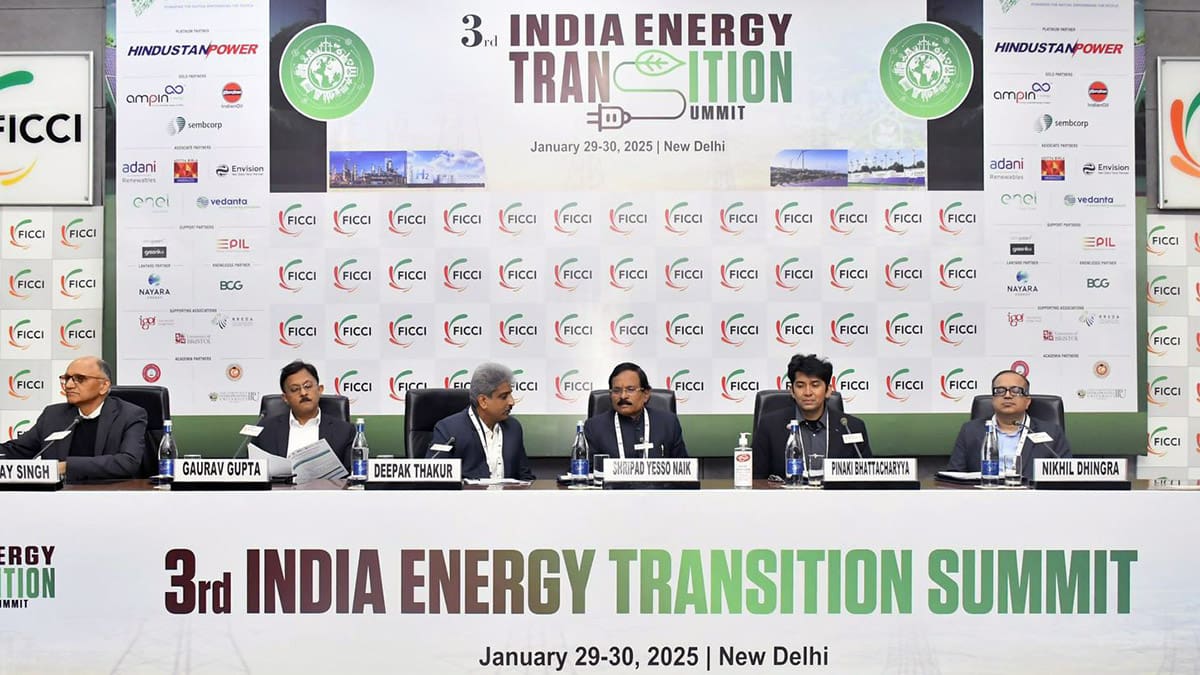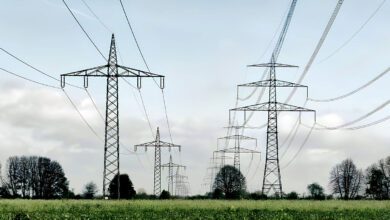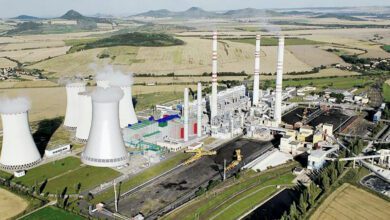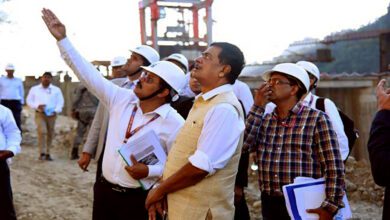Union Minister of State for Power and New & Renewable Energy, Shripad Yesso Naik, has outlined a comprehensive four-pronged strategy to accelerate industrial decarbonisation in India. Addressing the second day of FICCI’s third India Energy Transition Summit, Naik emphasised the importance of energy efficiency, electrification, green hydrogen adoption, and carbon capture utilisation to help India achieve its net-zero emissions goal by 2070.
With the industrial sector contributing approximately 35% of India’s energy-linked emissions, Naik highlighted its pivotal role in the decarbonisation process. “Given that the industrial sector accounts for a significant portion of global CO2 emissions and is also a major electricity consumer, its decarbonisation is imperative to achieving this goal,” he said. The government’s strategy primarily targets six hard-to-abate industries, with iron and steel (25%), aluminium (20%), and cement (9%) being key sectors for transformation.
India recently reached the milestone of 200 gigawatts of installed renewable energy capacity, joining an exclusive group of only three other nations globally. The country’s solar capacity has seen exponential growth, increasing from 2.8 gigawatts in 2014 to 97.8 gigawatts by December 2024.
Under the government’s framework for green hydrogen, contracts for 4,20,000 tonnes per annum of production capacity have already been awarded, with an additional 4,50,000 tonnes under evaluation. The National Green Hydrogen Mission, backed by a budget of ₹19,744 crore, aims to position India as a global leader in green hydrogen production, targeting an output of 5 million metric tonnes annually by 2030.
Gaurav Gupta, Additional Chief Secretary of Karnataka’s energy department, announced the state’s plan to add 20 gigawatts of renewable energy capacity within the next five years. Karnataka aims to establish ten renewable energy clusters of 2,000 megawatts each, integrating both solar and wind power installations.
“Karnataka is one of the leading states in renewable energy adoption,” said Gupta, noting that of the state’s current 34GW installed capacity, nearly half comes from wind and solar power. However, challenges such as power evacuation infrastructure and land acquisition remain, prompting the state government to develop new transmission protocols and streamlined land procurement processes.
Deepak Thakur, Co-Chair of FICCI RE CEOs Committee and MD & CEO of Mahindra Susten, underscored the significance of India’s energy transition. “India’s energy transition is no longer just a national priority; it has also become a global necessity. The discussions and collaborations we will undertake here will enable us to take significant strides towards meeting our climate commitments, fostering innovation, and, most importantly, accelerating sustainable growth.”
Nikhil Dhingra, CEO of Acme Group, highlighted India’s pioneering role in the reverse auction system for capacity expansion, which has attracted substantial foreign investment. “Last year was a watershed moment for our industry, where we achieved 100% growth in executed solar plants, delivering more than 25 gigawatts,” he said, emphasising the rapid expansion of the sector.
Sanjay Singh, Former Secretary of Steel for the Government of India and Director – Strategy & External Relations at Jindal Steel & Power, addressed the challenges of greening the steel industry. With projections of steel capacity rising to 300 million metric tonnes by 2030 and 500 million by 2047, Singh noted that retrofitting existing blast furnaces—often with 50-year operational lifespans—poses a significant hurdle.
The sector is exploring various solutions, including a 3-gigawatt renewable energy project and a 35-megawatt electrolyser installation for green hydrogen production. However, the high cost of green technologies and infrastructure development remain key barriers to adoption.
Pinaki Bhattacharyya, Co-Chair of FICCI RE CEOs Committee and MD & CEO of AMPIN Energy Transition, delivered the Vote of Thanks, highlighting the growing adoption of green energy open access rules, with 18 states having already implemented them.
As India strides towards a cleaner energy future, the collaborative efforts of policymakers, industry leaders, and renewable energy stakeholders will be crucial in overcoming challenges and achieving a sustainable and carbon-neutral industrial sector by 2070.













